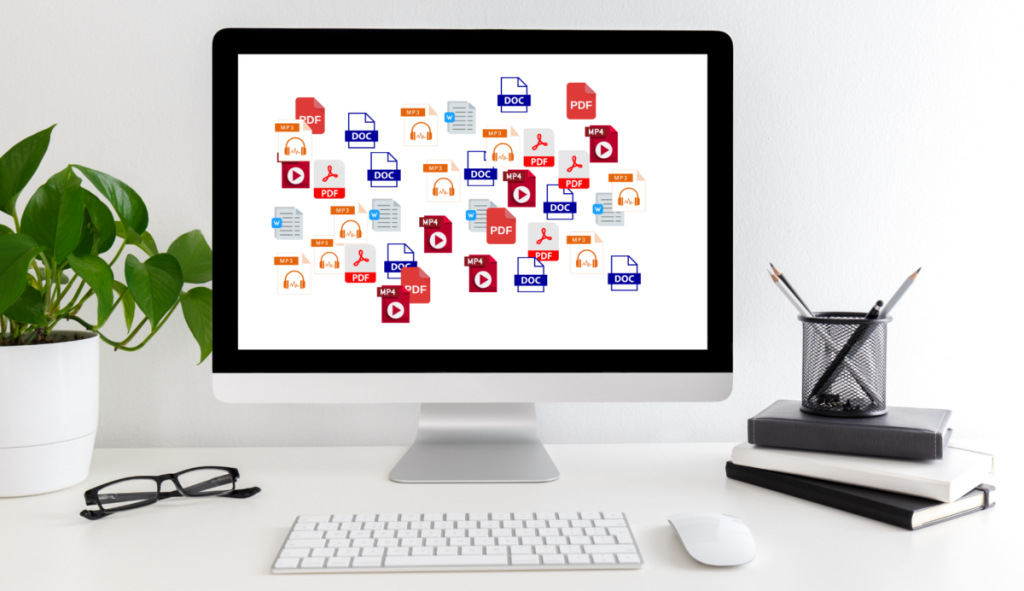In today’s digital age, screens are everywhere. From smartphones and tablets to laptops and TVs, it’s almost impossible to avoid being exposed to screens for long periods of time. While screens provide us with endless entertainment and information, excessive screen time can have negative effects on our physical and mental health. Managing screen time without stress is essential for maintaining a healthy balance and avoiding the negative consequences of too much screen time.
The first step in managing screen time without stress is to establish healthy screen time limits for yourself and your family. The American Academy of Pediatrics recommends that children ages 2 to 5 should have no more than one hour of screen time per day, while older children and teens should have no more than two hours of screen time per day. Adults should also aim to limit their screen time to a reasonable amount each day.
Setting limits on screen time can help reduce stress and improve overall well-being. By setting boundaries around how much time you spend in front of a screen, you can create space for other activities that are important for your physical and mental health, such as exercise, socializing, and relaxation.
One way to manage screen time without stress is to create a schedule or routine that includes designated times for screen use and times for other activities. For example, you could set aside specific times during the day for checking emails and social media, and then make a point to disconnect from screens during mealtimes, before bed, and when spending time with loved ones.
Another important aspect of managing screen time without stress is to be mindful of how screens affect your physical and mental health. Excessive screen time has been linked to a variety of health issues, including eye strain, headaches, poor posture, and sleep disturbances. Being aware of these potential consequences can help motivate you to make changes to your screen time habits.
To minimize the negative effects of screen time on your health, take regular breaks from screens, practice good posture while using devices, and limit screen time before bedtime to promote better sleep. Additionally, consider using blue light blocking glasses or filters on your devices to reduce eye strain and improve sleep quality.
It’s also important to be mindful of how screen time affects your mental well-being. Excessive screen time has been associated with increased feelings of stress, anxiety, and depression. To manage screen time without stress, pay attention to how screen use affects your mood and mental state, and make changes as needed to prioritize activities that promote mental well-being, such as spending time outdoors, meditating, or engaging in creative hobbies.
One effective strategy for managing screen time without stress is to practice digital detoxes or screen-free days. By intentionally unplugging from screens for a set period of time, you can give your mind and body a much-needed break from the constant stimulation of digital devices. Use this time to engage in activities that bring you joy and relaxation, such as reading a book, taking a nature walk, or spending quality time with loved ones.
In addition to setting limits on screen time and being mindful of how screens affect your physical and mental health, it’s also important to cultivate a healthy relationship with technology. Instead of viewing screens as a distraction or source of stress, try to see them as tools that can enhance your life and help you stay connected to others.
Use screens intentionally and purposefully, rather than mindlessly scrolling or clicking through endless content. Set goals for your screen time usage, such as only checking social media at specific times of day or limiting the amount of time spent watching TV. By being intentional about how you use screens, you can reduce feelings of stress and overwhelm associated with excessive screen time.
Ultimately, managing screen time without stress is about finding a balance that works for you and your lifestyle. By setting limits on screen time, being mindful of how screens affect your health, and cultivating a healthy relationship with technology, you can enjoy the benefits of being connected while prioritizing your well-being. Remember that it’s okay to take breaks from screens, set boundaries around your screen time usage, and prioritize activities that promote physical and mental health. By taking a proactive approach to managing screen time, you can enjoy the benefits of technology without the stress and negative consequences of excessive screen time.

